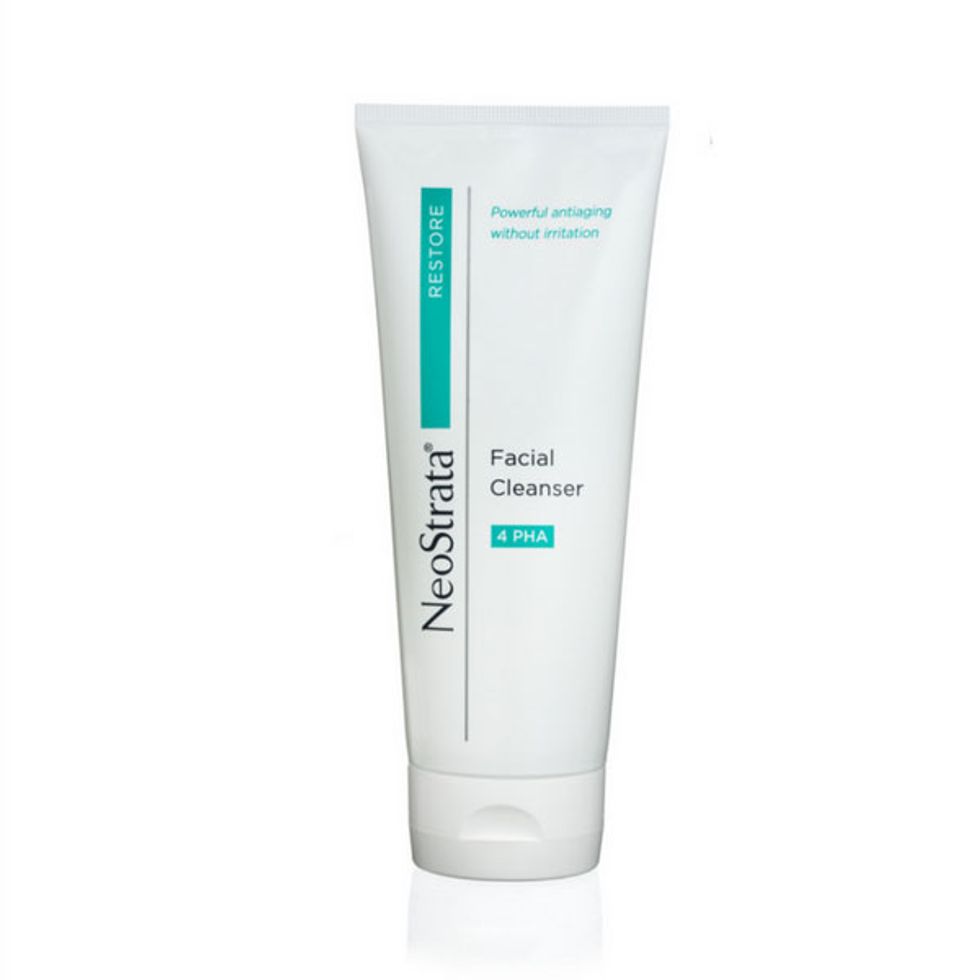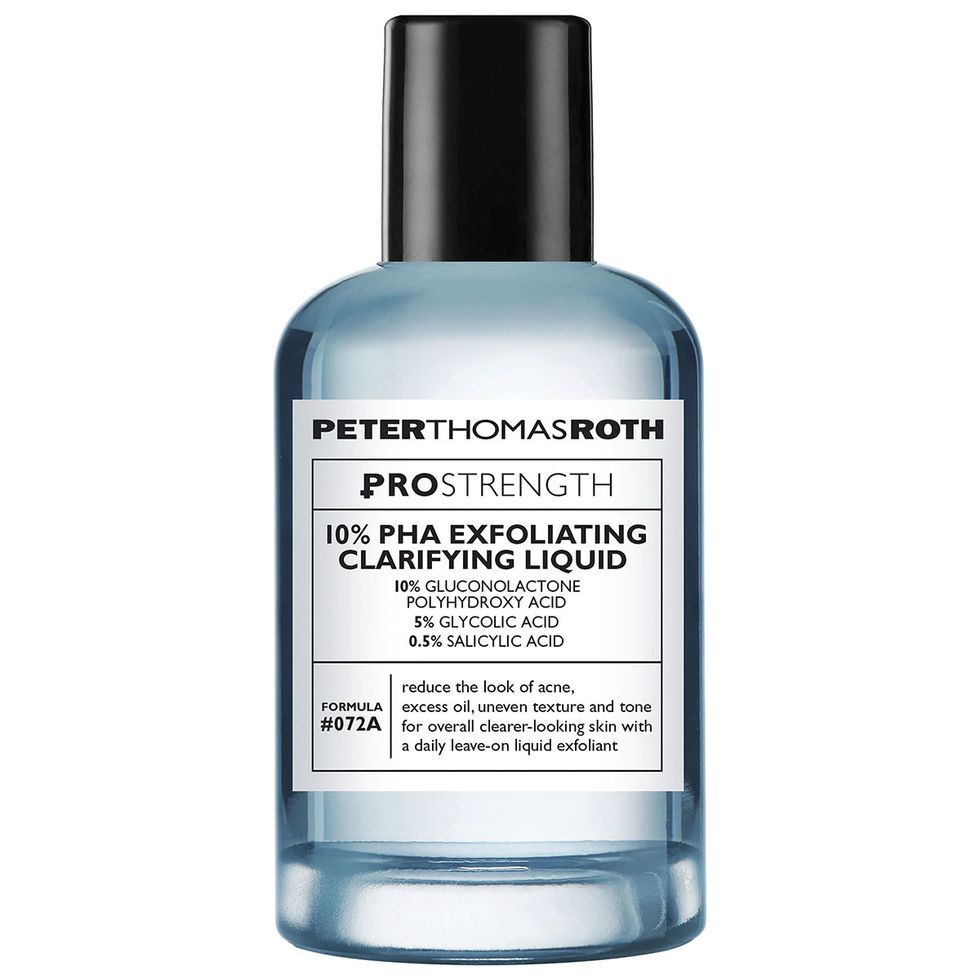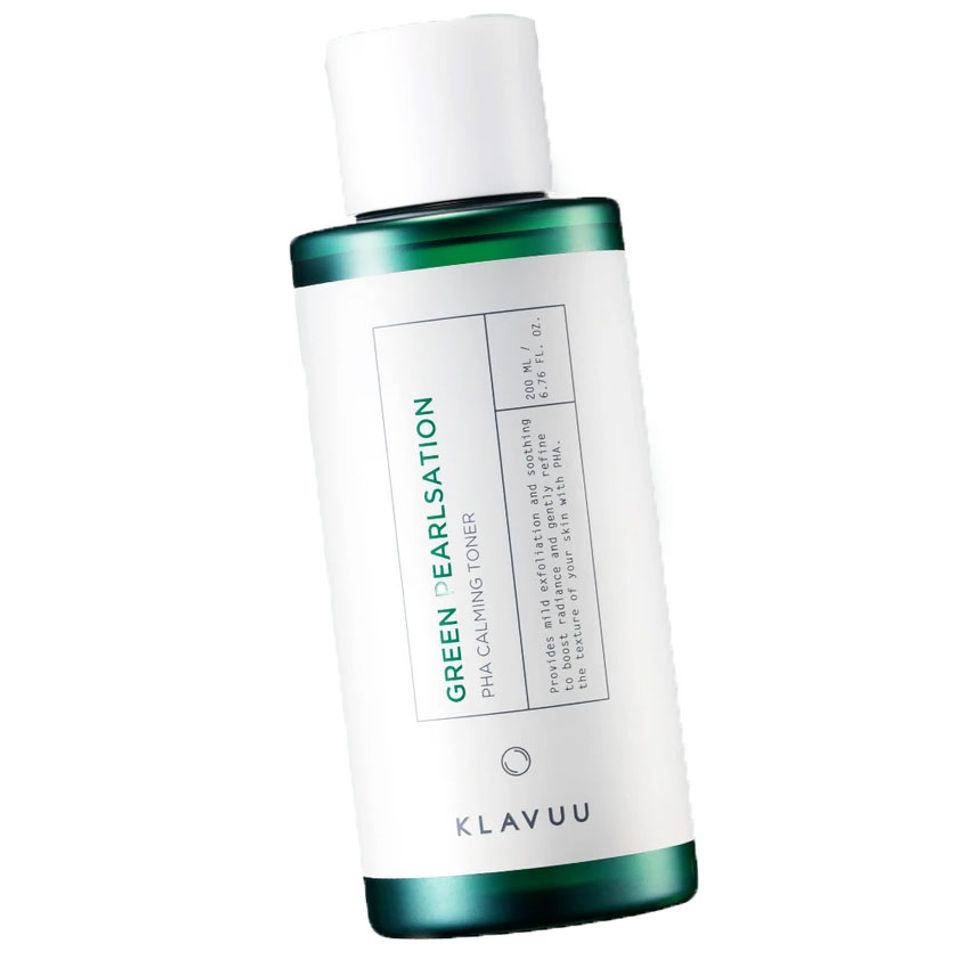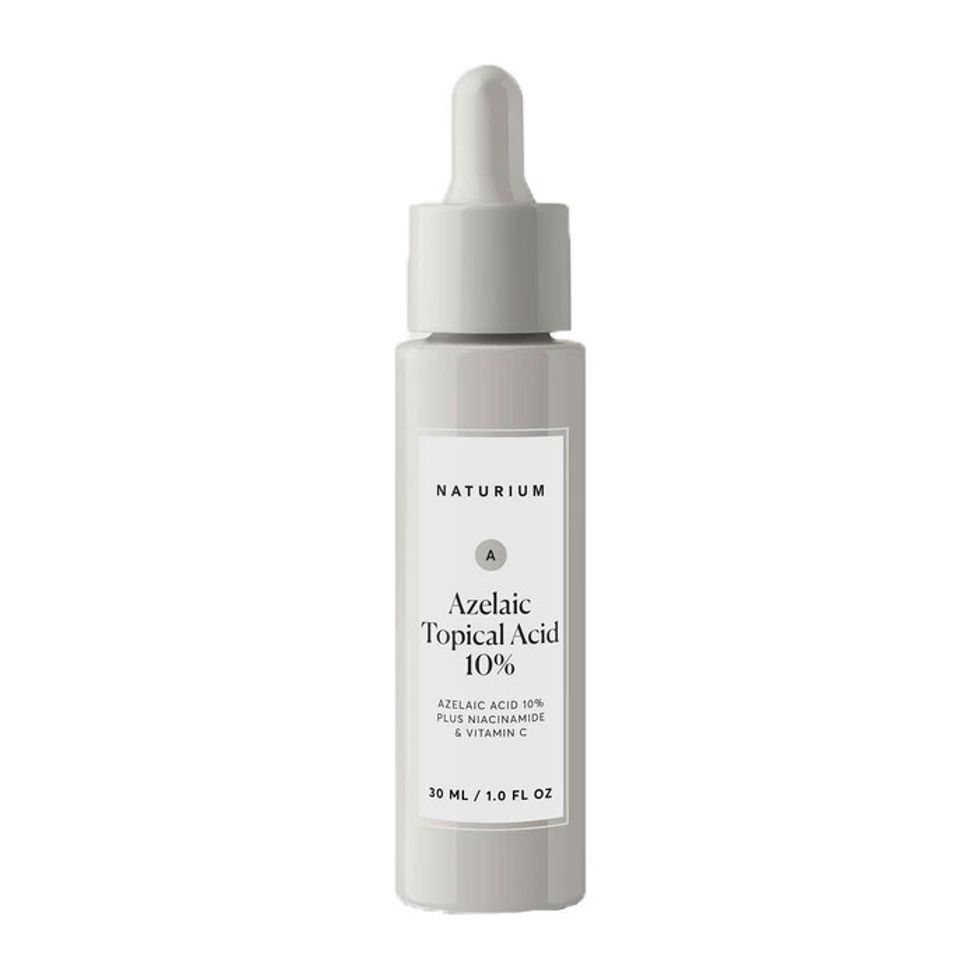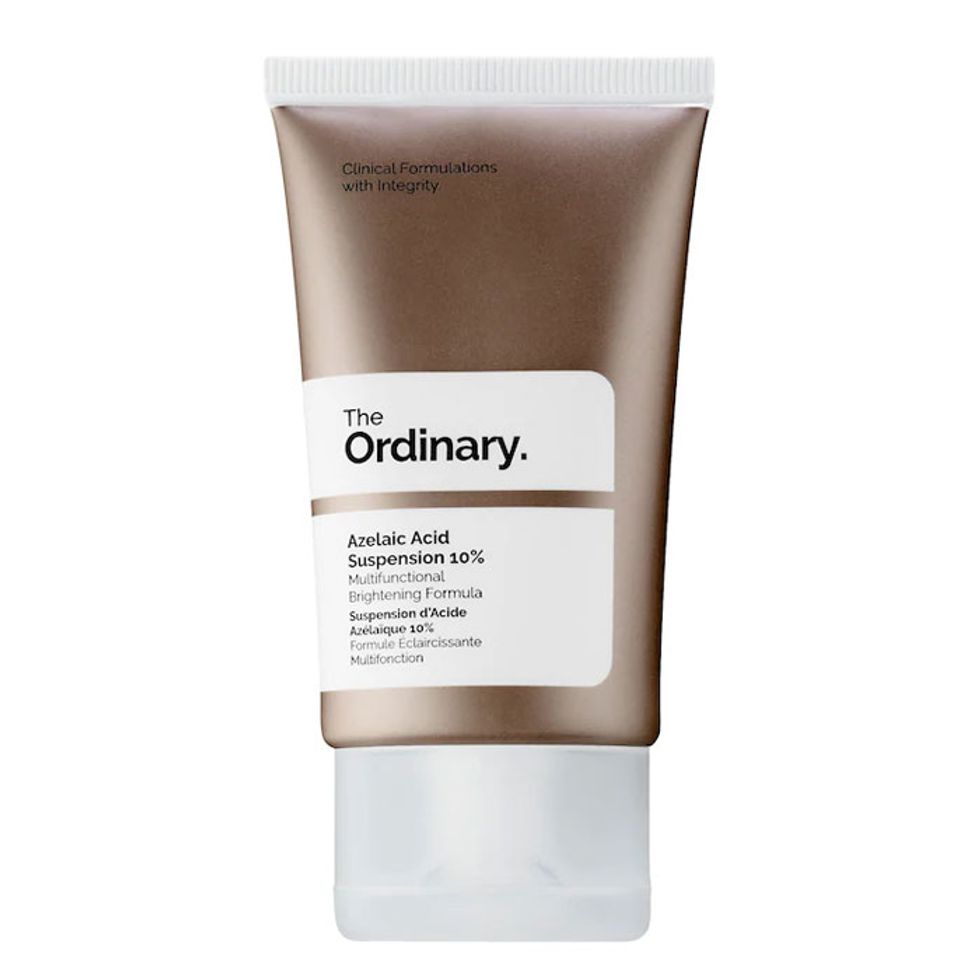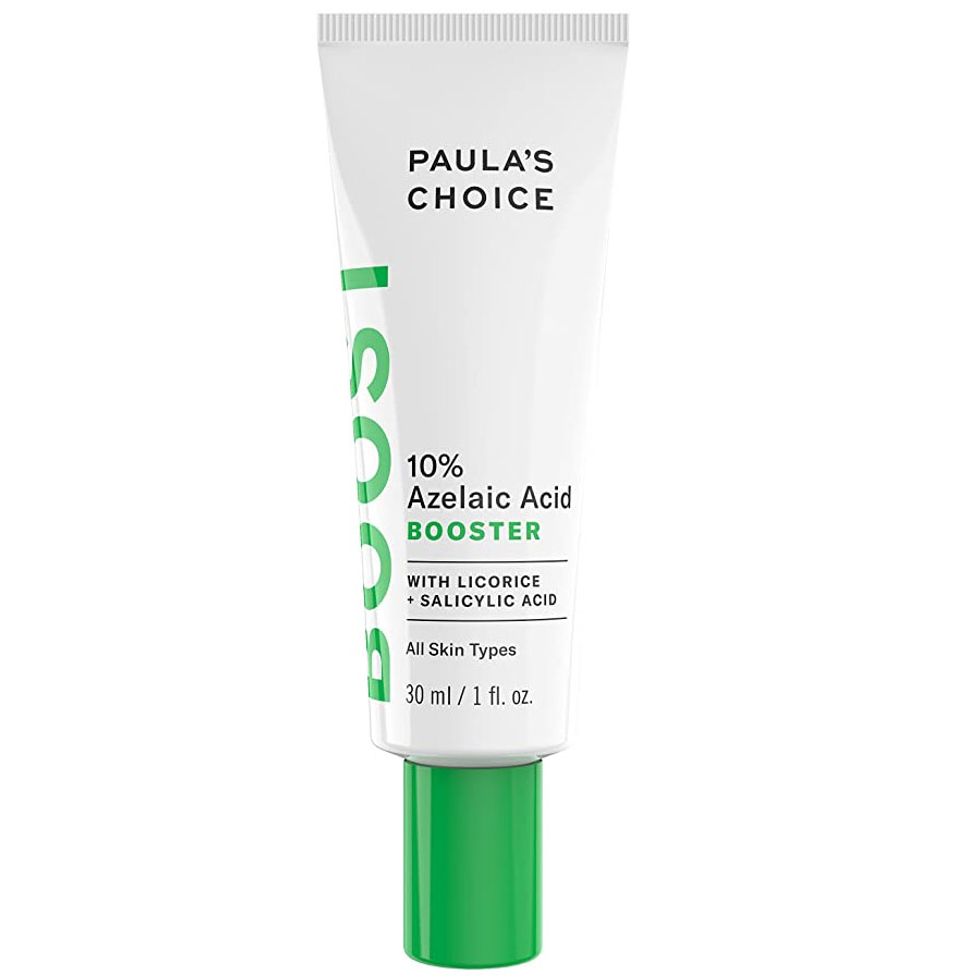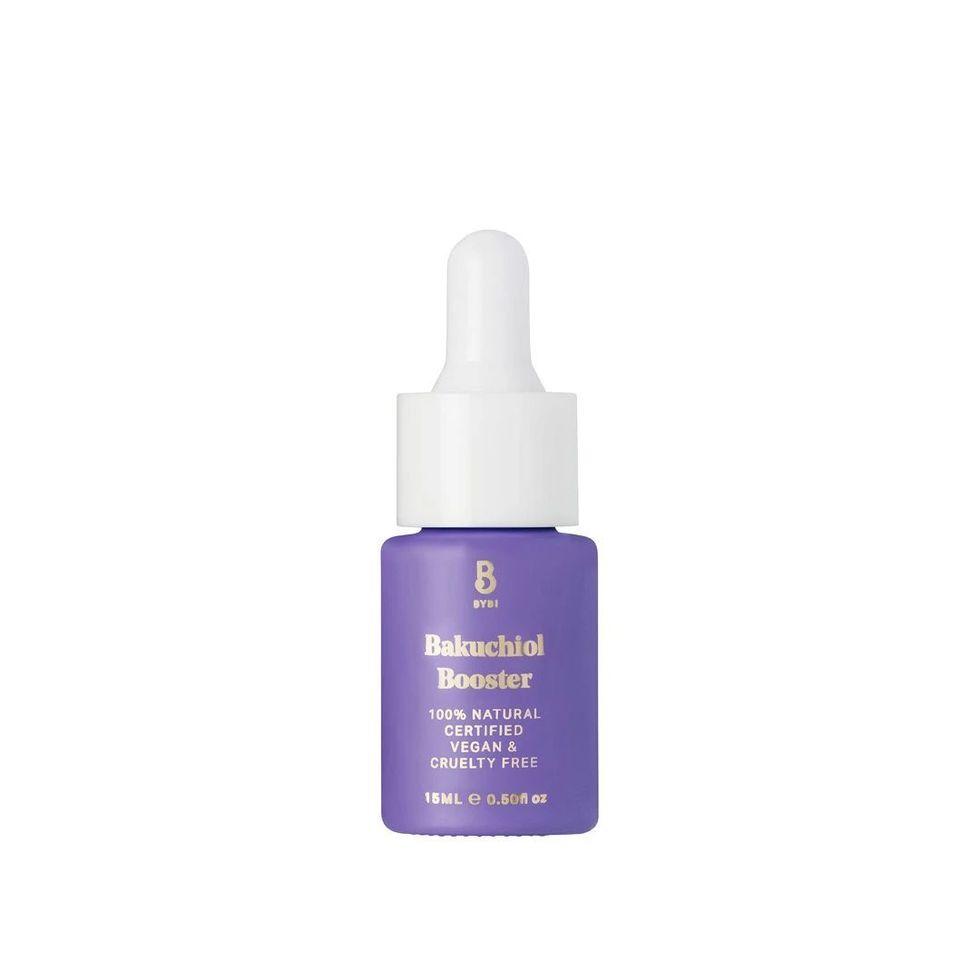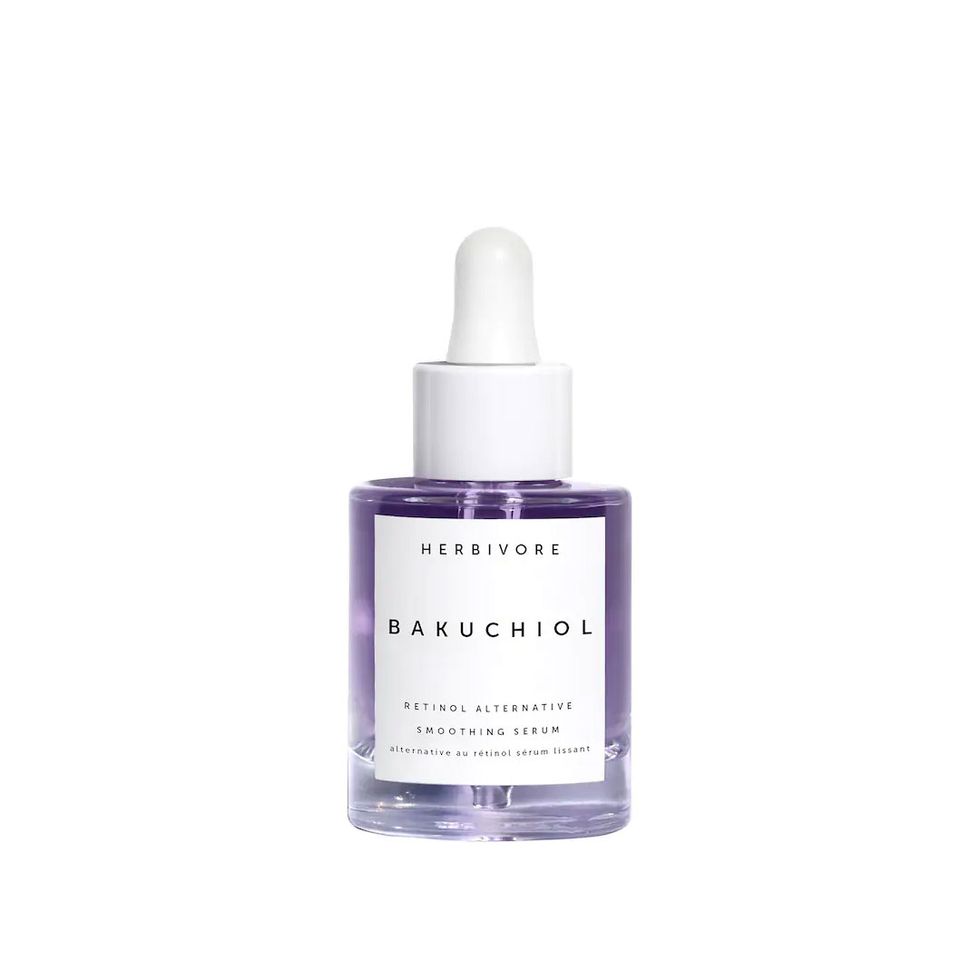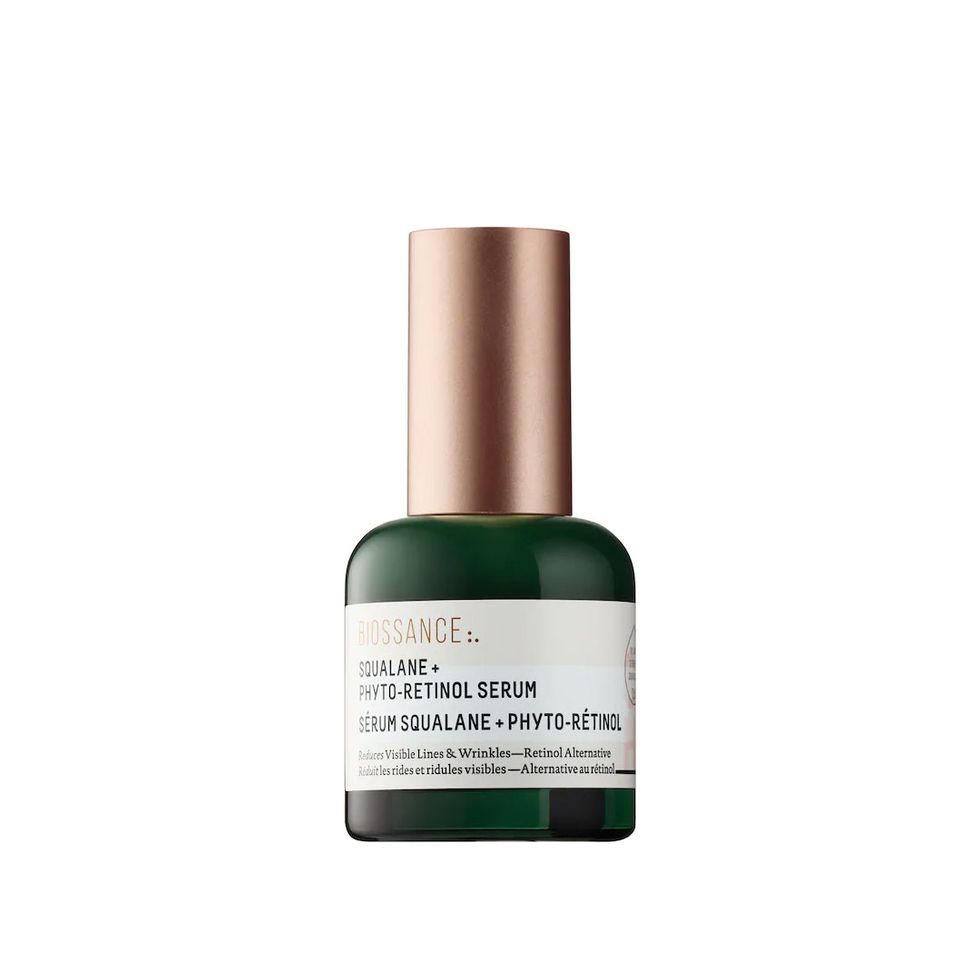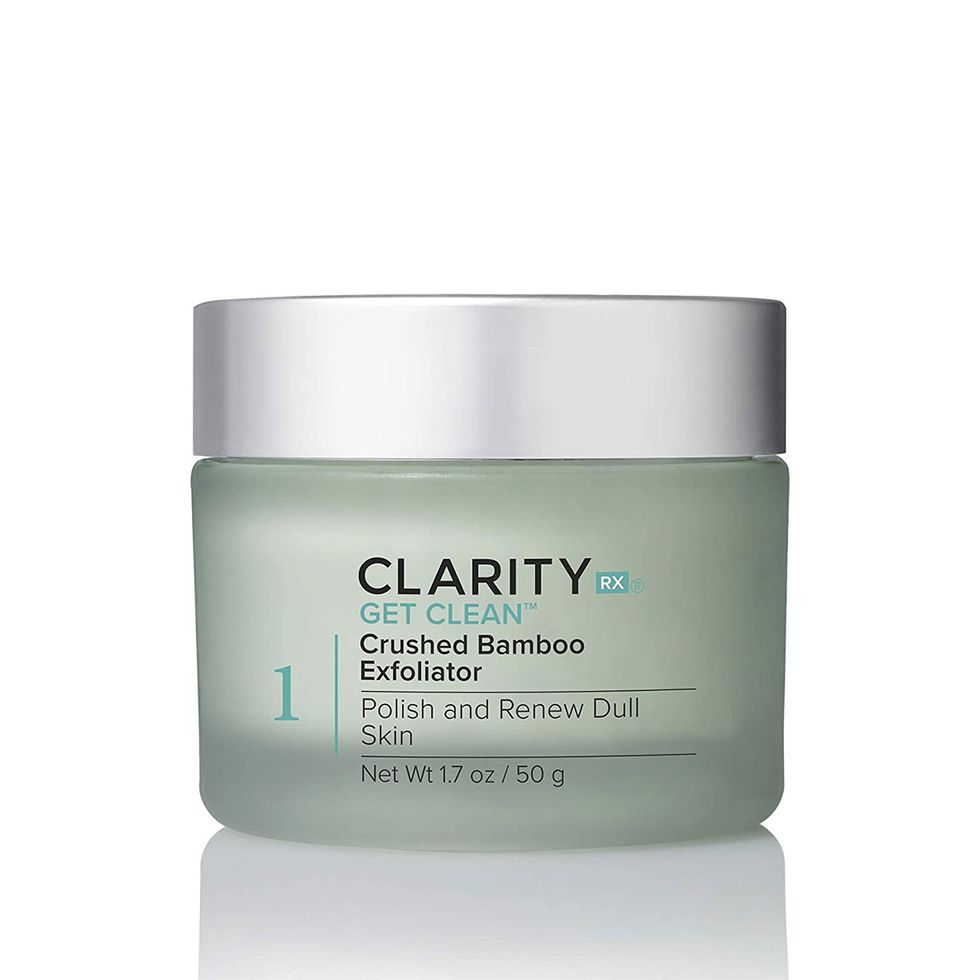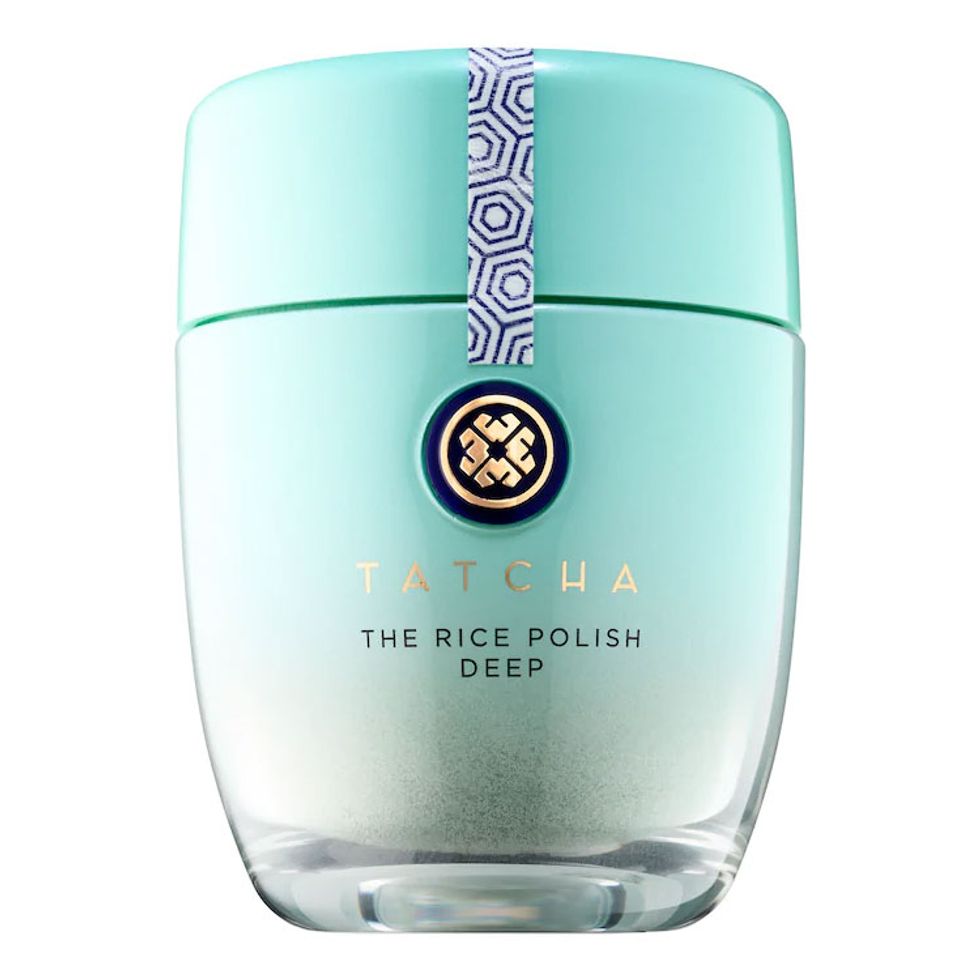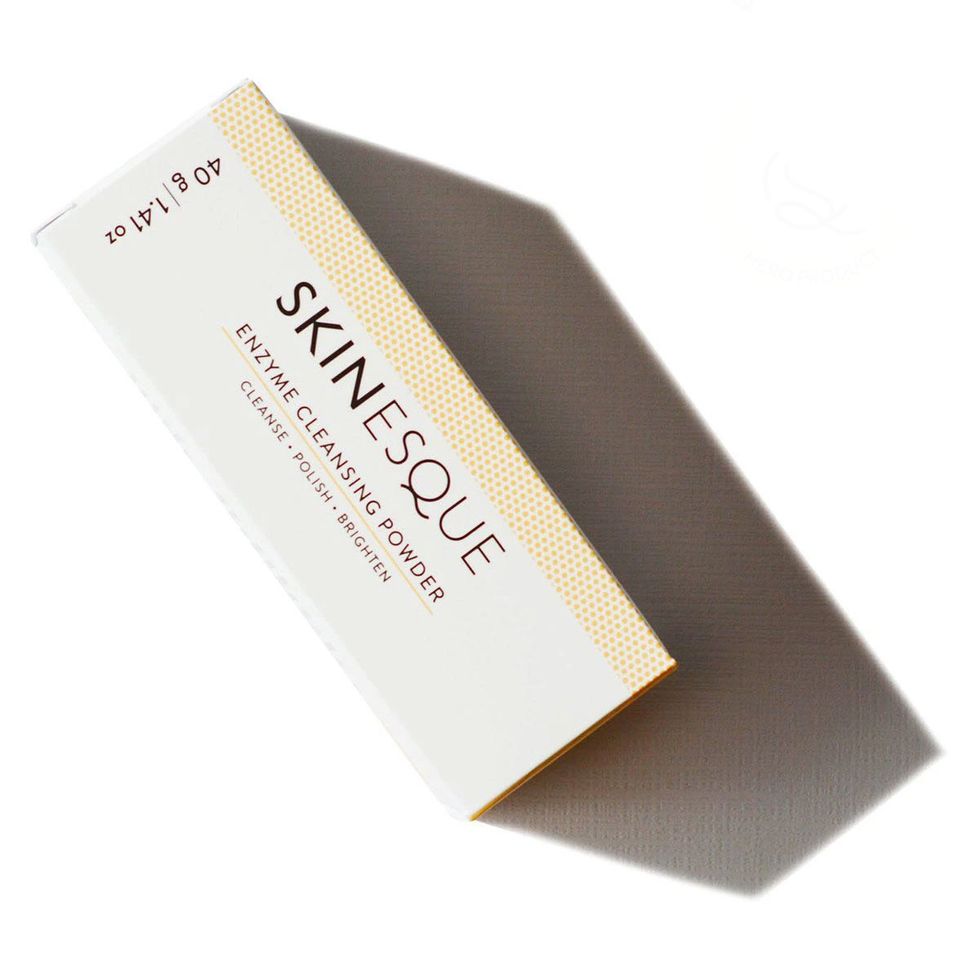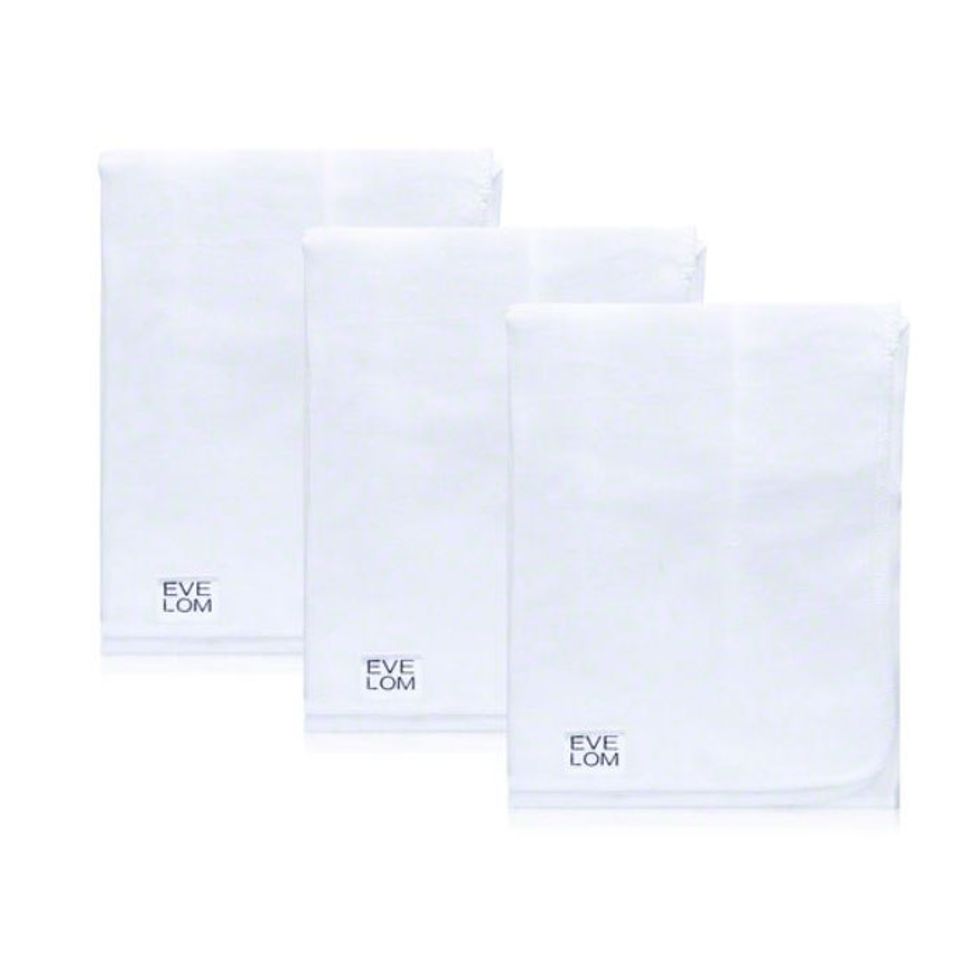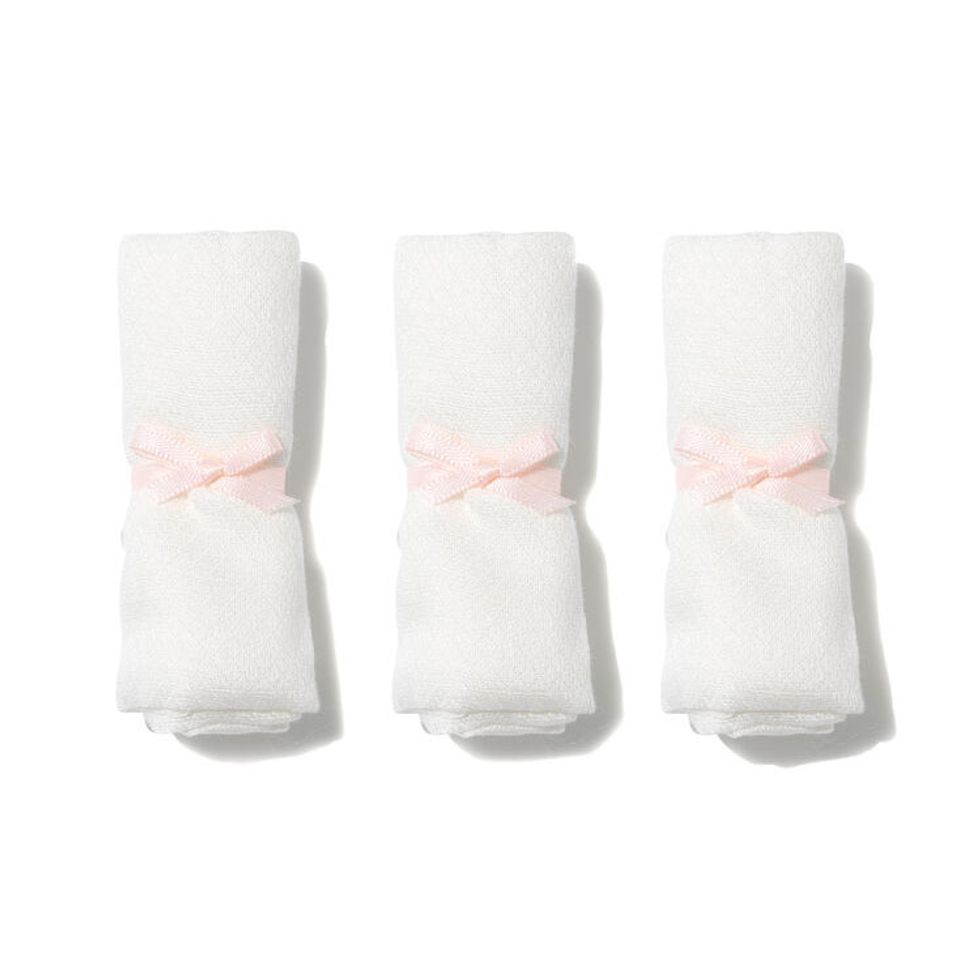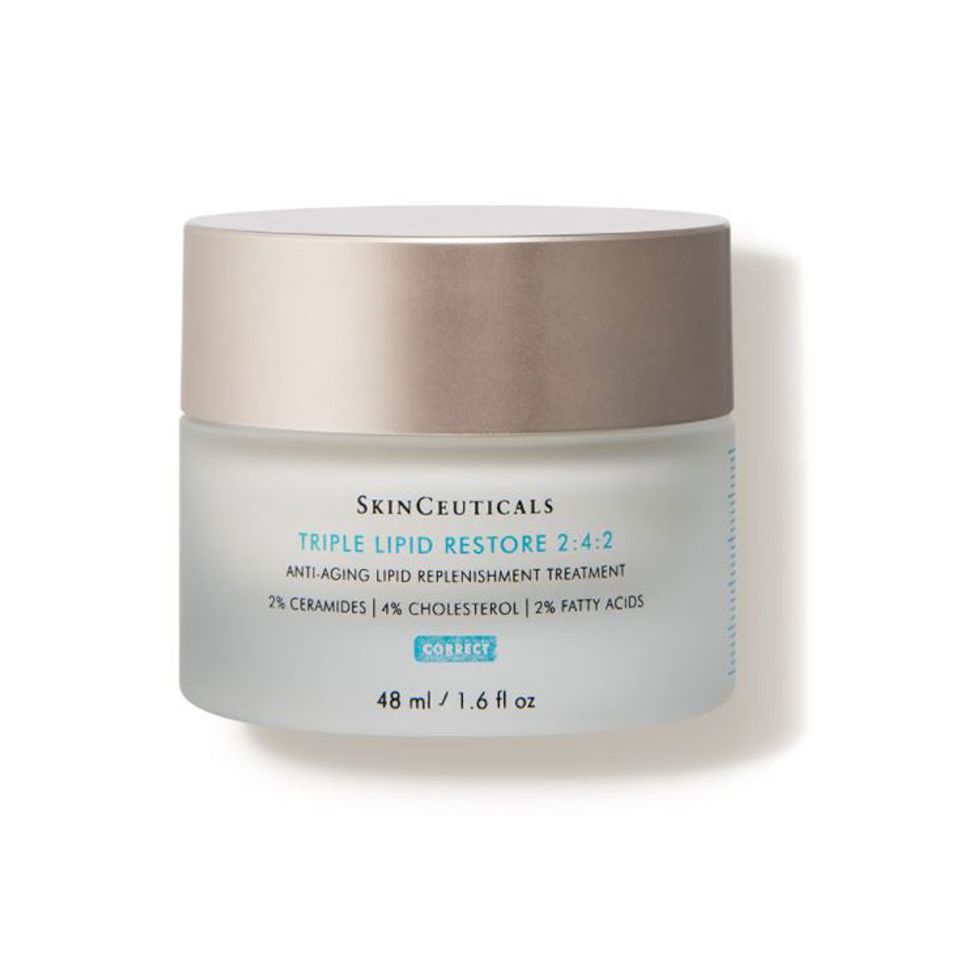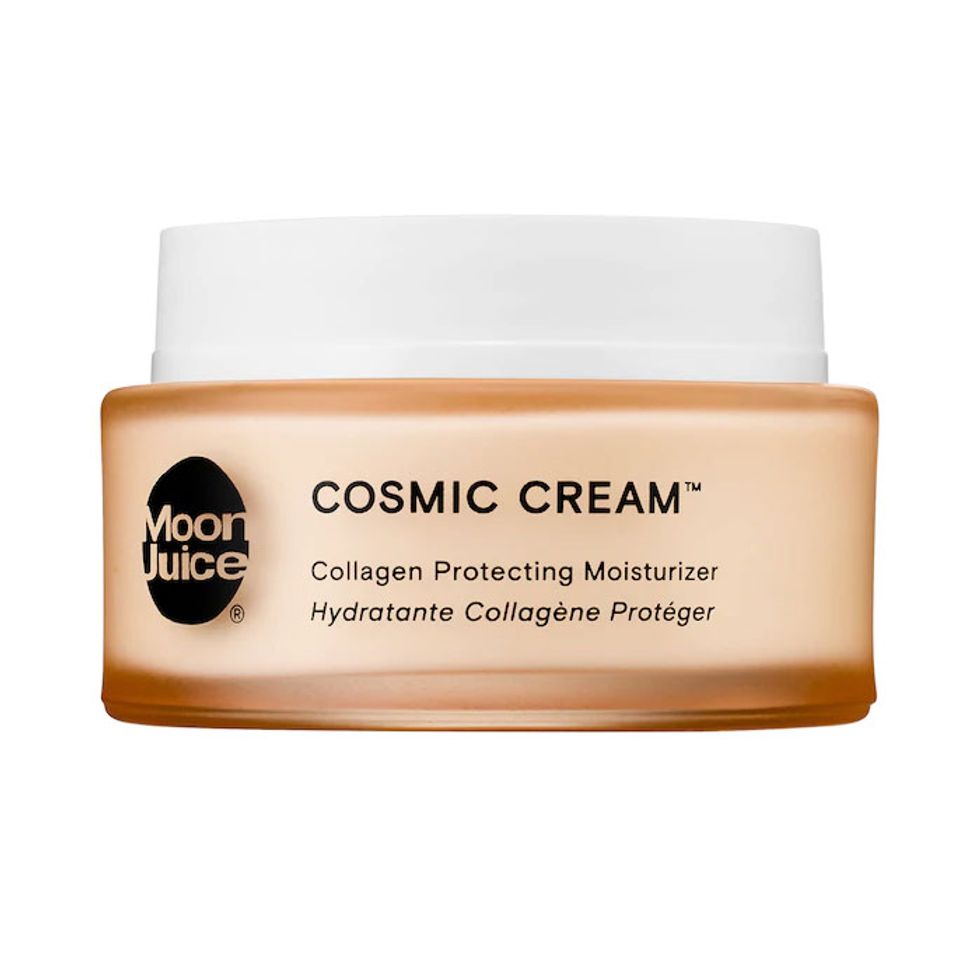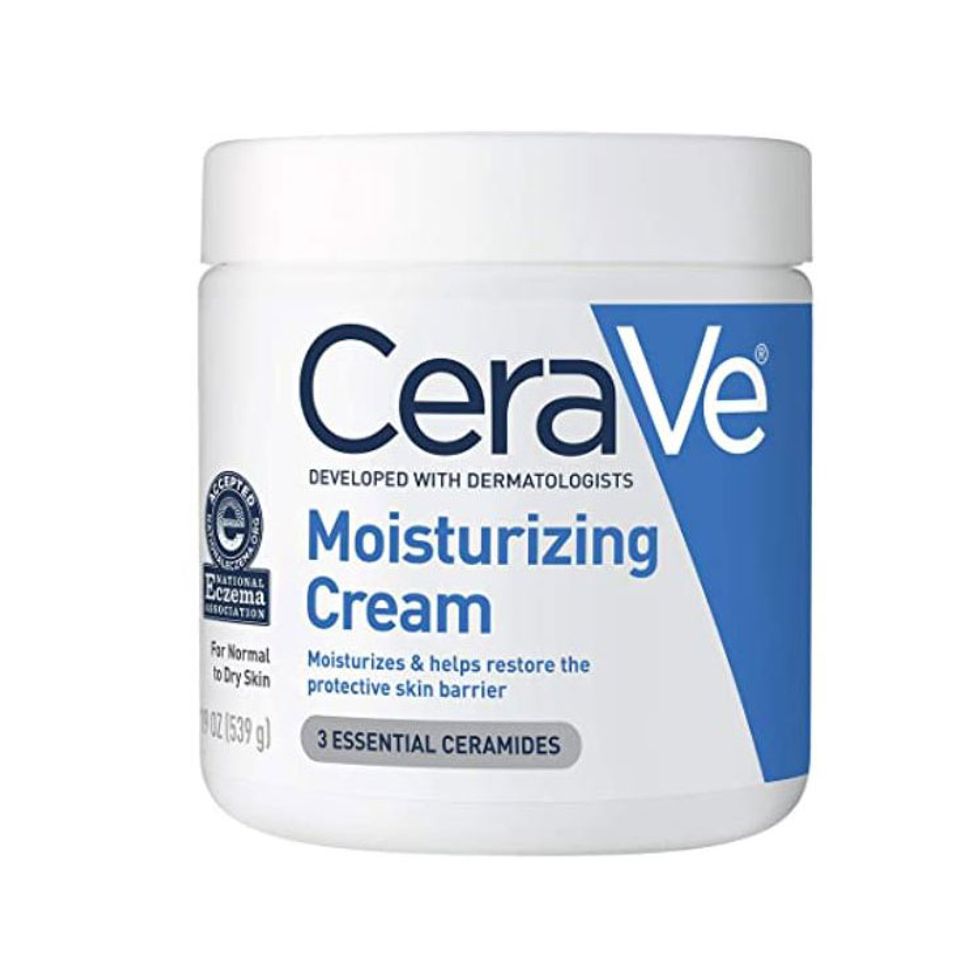Exfoliating in the Winter Can Be Tricky—Here’s How to Do It Safely
All the softness and glow, minus the irritation.
15 February, 2021
Skin
10 November, 2021
We know this isn't the most groundbreaking news, but we're going to say it anyway: Figuring out a skin-care routine in the middle of winter is tough. As you're navigating which products are right for you to cleanse, tone, exfoliate, hydrate, moisturize, and protect with SPF, the dryness and sensitivity that accompany this time of year often mean you have to swap out some of your favorite formulas for something new (and gentler). Exfoliants especially can cause a whole host of problems if you're not careful, and many are too harsh to use on skin that is already experiencing irritation from the environment. Not to worry, though—there is a way to safely exfoliate your skin and maintain the integrity of your skin barrier during this time of year. Here's everything you need to know about using chemical and physical exfoliators in the winter.
Most chemical exfoliators, whether a professional treatment or over-the-counter topical product, are composed of hydroxy acids that, according to Dr. Joshua Zeichner, director of cosmetic and clinical research at Mount Sinai Hospital in New York City, “are a group of related compounds that work by dissolving connections between cells on the outer skin layer." These ingredients can help even skin tone, minimize dark spots, decrease breakouts, and soften the appearance of fine lines and wrinkles. They're able to target many of the concerns we have regarding the overall look and feel of our skin.
Yet despite everything positive they can do for our skin, alpha-hydroxy acids and beta-hydroxy acids—two of the most common chemical exfoliators on the market—can be intense. Their molecular size is relatively small, meaning they can penetrate deeper skin layers, and they can also lead to sun sensitivity without proper SPF protection. Some people can handle these types of actives easily, even in the winter, while others who already have sensitive skin aren't as lucky. Says Dr. Zeichner, “The wrong [hydroxy acid] can lead to significant irritation [in sensitive skin]." An exfoliator that is too strong can cause a breakdown in the skin's protective barrier, which is never ideal, especially during the winter season, when our skin is at its driest. This can lead to an overproduction of sebum and, in some cases, an increase in breakouts—not to mention possible chemical burns. If you're unsure of whether or not your skin is too sensitive to use these ingredients in the winter, a patch test on your arm or hand might be helpful before diving into a new product.
Although AHAs and BHAs may be too intense for our sensitive winter skin, that doesn't mean we should abandon exfoliation altogether. There are alternative ways to slough off dead skin cells and remove excess oil from our pores without stripping our skin completely. Here is a list of dermatologist-recommended ways you can exfoliate your skin until the weather starts to warm up.
Wait, So My Chemical Exfoliator Is Causing Sensitivity in My Skin?
Most chemical exfoliators, whether a professional treatment or over-the-counter topical product, are composed of hydroxy acids that, according to Dr. Joshua Zeichner, director of cosmetic and clinical research at Mount Sinai Hospital in New York City, “are a group of related compounds that work by dissolving connections between cells on the outer skin layer." These ingredients can help even skin tone, minimize dark spots, decrease breakouts, and soften the appearance of fine lines and wrinkles. They're able to target many of the concerns we have regarding the overall look and feel of our skin.
Yet despite everything positive they can do for our skin, alpha-hydroxy acids and beta-hydroxy acids—two of the most common chemical exfoliators on the market—can be intense. Their molecular size is relatively small, meaning they can penetrate deeper skin layers, and they can also lead to sun sensitivity without proper SPF protection. Some people can handle these types of actives easily, even in the winter, while others who already have sensitive skin aren't as lucky. Says Dr. Zeichner, “The wrong [hydroxy acid] can lead to significant irritation [in sensitive skin]." An exfoliator that is too strong can cause a breakdown in the skin's protective barrier, which is never ideal, especially during the winter season, when our skin is at its driest. This can lead to an overproduction of sebum and, in some cases, an increase in breakouts—not to mention possible chemical burns. If you're unsure of whether or not your skin is too sensitive to use these ingredients in the winter, a patch test on your arm or hand might be helpful before diving into a new product.
Which Exfoliators *Can* I Use?
Although AHAs and BHAs may be too intense for our sensitive winter skin, that doesn't mean we should abandon exfoliation altogether. There are alternative ways to slough off dead skin cells and remove excess oil from our pores without stripping our skin completely. Here is a list of dermatologist-recommended ways you can exfoliate your skin until the weather starts to warm up.
Chemical Exfoliators
Polyhydroxy acids (PHAs): We know that we just stressed the dangers of hydroxy acids during the wintertime, but you should certainly consider this variation of the acid for your winter skin-care routine. Says Dr. Zeichner, “Polyhydroxy acids like gluconolactone are a great option for people who have sensitive skin or for use in the colder, drier months. Because of its large chemical structure, it does not penetrate deeply into the skin, offering a gentle exfoliating effect.” He explains that PHAs have hydrating components to them, meaning they will gently buff away any dead skin cells while also helping your skin cling to all the moisture it can get.Azelaic acid: If you are battling lackluster skin that is also breaking out, consider this often-overlooked acid. Azelaic acid is a superb ingredient for gently dissolving dead skin from the surface while going deep into pores to remove any excess sebum. Additionally, according to a 2008 review, “Azelaic acid per se has multiple modes of action in rosacea, but an anti-inflammatory effect achieved by reducing reactive oxygen species appears to be the main pharmacological action,” meaning that it helps to reduce redness and inflammation in the skin while helping it look clear and bright.
Bakuchiol: We’re no strangers to the exfoliating benefits of retinoids, but, like some AHAs and BHAs, they can be a little too harsh on skin that is already extremely sensitized. If you want all the benefits of retinoids without some of the stronger side effects, like peeling, redness, and irritation, consider bakuchiol. Says Dr. Zeichner, “For people with extremely sensitive skin, bakuchiol is a great option. Think of it like nature’s retinol. It is thought to strengthen the skin and boost collagen production, but works through a different mechanism, so it does not cause the same type of irritation.”
Physical Exfoliators
Scrubs: Despite some of the bad press they’ve gotten in the past, scrubs do have their benefits. They manually remove dead cells from the skin’s surface without leaving behind chemical compounds that continue to exfoliate the skin long after you’ve washed the product off. But don’t hit add-to-cart on any old scrub just yet. Dr. Zeichner explains, “If you are sensitive, stick to ultra-fine physical exfoliators like rice or bamboo powder. Some of the more harsh ingredients, like walnut-shell powder, may be potentially irritating to sensitive skin.”Muslin cloth: We’re no strangers to the benefits of exfoliation à la a muslin cloth–it’s one of our secrets to glowing skin all year round. A muslin cloth gently buffs away any buildup or rough patches of skin. Think of it like a nail buffer you would use to gently smooth out the surface of your nail during your at-home manicure. Dr. Zeichner confirms the cloth’s benefits and says, “Muslin is extremely gentle, and [a person] can reuse [it] to assist face washing on a daily basis. Just make sure you clean it regularly because wet muslin is a breeding ground for bacterial overgrowth.”
Dermaplaning: As odd as it may seem to shave your face to exfoliate, dermaplaning is exceptionally effective at removing unwanted dead skin from the face. Dr. Zeichner says, “Dermaplaning is a treatment where a blade is directly used on the skin to remove the [outer] layer of dead cells along with fine hairs. It can be used across all skin types, so long as you are careful. Make sure the skin is clean before using a dermaplaning device, and apply moisturizer after,” so as to avoid the spread of bacteria and rebuild the skin’s barrier to prevent irritation.
Repair the Barrier
Although it may seem advantageous to buff away every last trace of dry skin from your complexion, the key to exfoliating sensitive skin is to make sure you are not overdoing it. With daily exfoliation comes a breakdown of the skin’s lipid barrier, which, in short, means that your skin will not be able to do its job at moisturizing itself effectively. When the skin cannot moisturize itself, it is susceptible to more dryness, irritation, and potential breakouts and inflammation. Dr. Zeichner recommends exfoliating the skin “no more than one to two times per week” to allow the skin’s lipid barrier to repair itself while it’s renewing skin cells. We promise that a low and slow method to exfoliation *will* get rid of the dry patches riddling your cheeks.And in the vein of supporting your lipid barrier, make sure to always moisturize after exfoliating. Says Dr. Zeichner, “After exfoliating, applying moisturizer is extremely important. Your post-exfoliation moisturizer’s goal is to repair the skin barrier, so I recommend looking for emollient-rich moisturizers. Emollients are ingredients like natural oils that soften dead cells on the skin surface and provide a protective effect.”
Want more stories like this?
Consider This Chemical Exfoliator If You Have Dry Or Sensitive Skin
My Secret To Smooth, Blemish-Free Skin Costs Less Than $5
Yes, You Are Probably Exfoliating Wrong
Consider This Chemical Exfoliator If You Have Dry Or Sensitive Skin
My Secret To Smooth, Blemish-Free Skin Costs Less Than $5
Yes, You Are Probably Exfoliating Wrong
